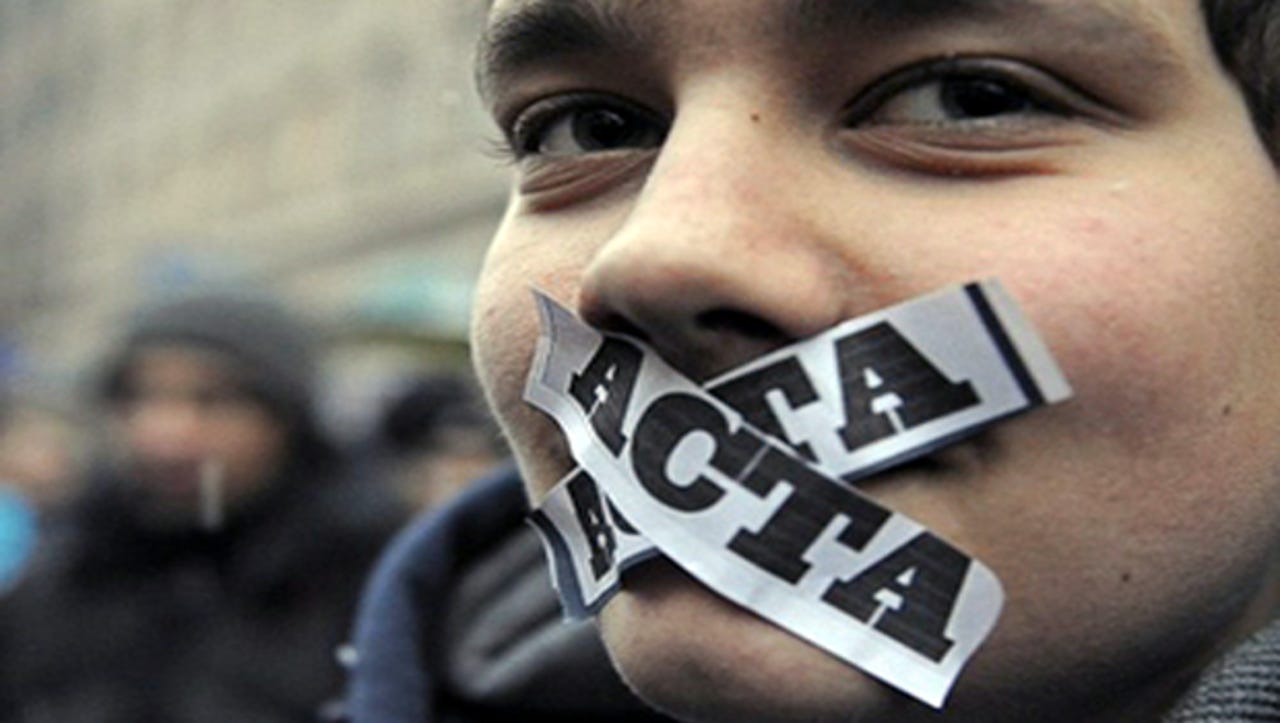Acta: EU suspends treaty approval

The European Commisson has stalled approval of the controverisal anti-piracy Acta treaty in light of virulent opposition to the legislation.
Acta, instead, will be taken to Europe's highest court to determine whether implementing and enforcing the agreement in its current state would violate fundamental EU rights.

The decision to suspend the anti-piracy and counterfeit bill, arguably, was already taken out of the EC's hands.
Several countries have already rejected the bill in its current form, including Germany, the Netherlands and Poland. Due to this, the agreement could not be enforced, as it would require every European country to both approve it and sign i in order to adhere to the treaty.
Not only has the treaty faced opposition from country leaders, its ramifications are understood by the general public; who have protested online as well as taking part in street demonstrations to express their displeasure. Protesters have marched against Acta across Europe; from London and Helsinki, Paris to Vienna.
On the heels of the SOPA and PIPA acts, it was unlikely to be met with open arms.
Karel De Gucht, the EU trade commissioner, said that taking the treaty to the European court of justice would clear the "fog of misinformation" surrounding Acta, as well as assessing the compatibility of the treaty with standing EU rights and freedom.
"This debate must be based upon facts and not upon the misinformation or rumour that has dominated social media sites and blogs in recent weeks," De Gucht said. "Acta will not censor websites or shut them down; Acta will not hinder freedom of the internet or freedom of speech."
However, opposers of the treaty fear that Acta will lead to censorship and further governmental control of the Internet. Taking the agreement further to gain approval of the UCJ has not dispelled these concerns. Jeremie Zimmermann, co-founder of the Internet advocacy group La Quadrature du Net stated:
"No legal debate can fix ACTA or give it a legitimacy that by design it cannot have."
The agreement has collected the signatures of 22 European member states so far, and is set to be debated in Parliament in June this year.
Image credit: AnonOps
Related: